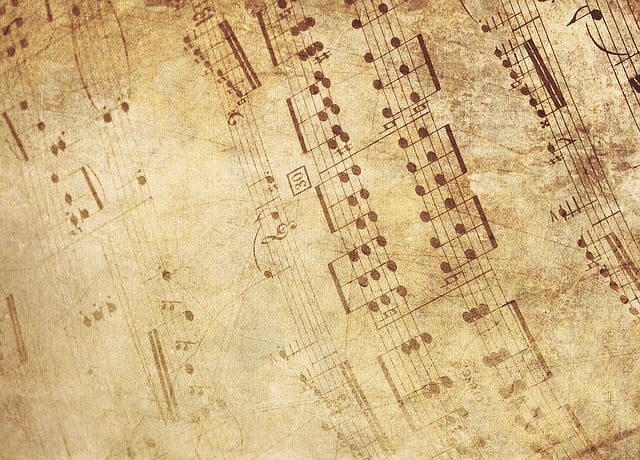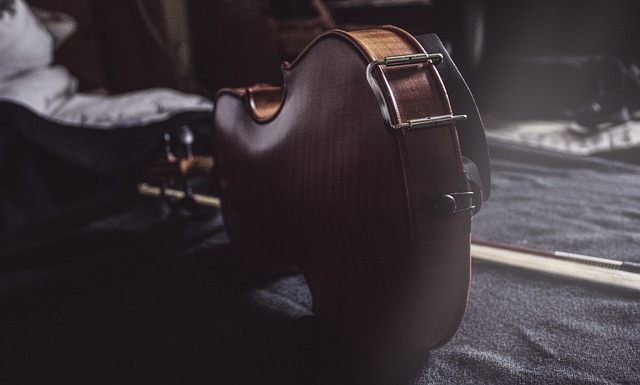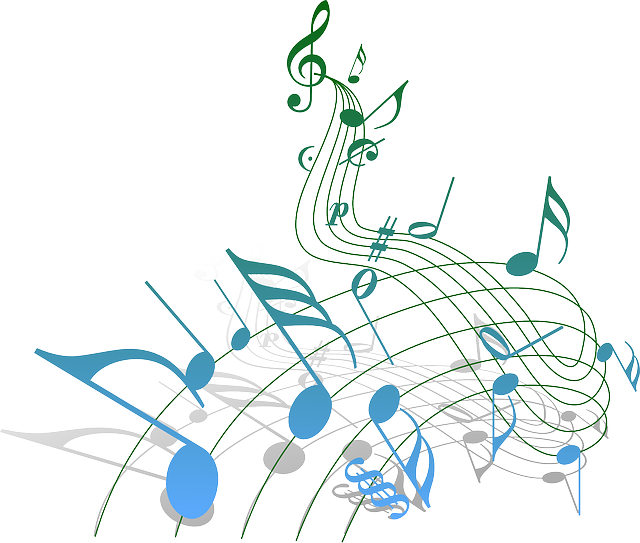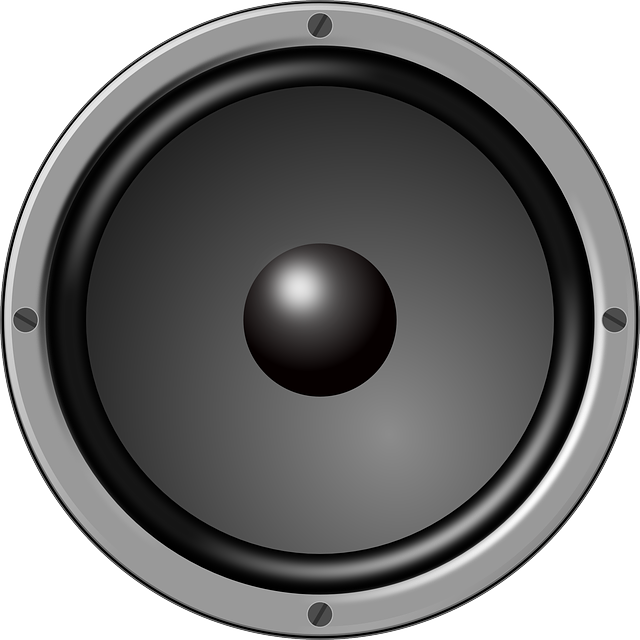https://aiode.com/product have transformed the way musicians create, offering advanced capabilities like melody generation, composition assistance, and sophisticated audio editing. These tools leverage machine learning algorithms to analyze vast musical datasets, enabling them to adapt to individual artistic styles and provide data-driven insights for better compositions and production decisions. By offloading tedious tasks, AI empowers artists to focus on creativity, fostering global collaboration and unlocking innovative sonic possibilities in music production.
In the ever-evolving world of music production, Artificial Intelligence (AI) is emerging as a powerful ally. This blog delves into the transformative potential of AI music tools, providing musicians and producers with unprecedented creative freedom. From generating melodies to enhancing harmony and revolutionizing audio editing, we explore how AI is unlocking new possibilities in musical expression. Discover the future of music creation and learn how these cutting-edge tools are shaping artists’ workflows.
- The Rise of AI in Music Production: Unlocking Creative Possibilities
- Understanding AI Music Tools: Types and Their Applications
- Enhancing Musical Composition: AI's Role in Melody and Harmony
- Revolutionizing Audio Editing: Smart Algorithms for Seamless Mixes
- Future of Music Creation: AI's Impact on Musicians' Workflows
The Rise of AI in Music Production: Unlocking Creative Possibilities

The integration of Artificial Intelligence (AI) into music production has sparked a revolution, opening up a world of creative possibilities for musicians and producers. AI music tools are no longer a futuristic concept but an increasingly accessible reality, transforming the way we create and interact with sound. These advanced technologies offer a myriad of applications, from generating melodic sequences and harmonies to enhancing mixing and mastering processes. By leveraging machine learning algorithms, AI can analyze vast amounts of musical data, enabling it to compose original pieces, suggest improvements, and even adapt to individual artistic styles.
This emergence of AI in the music industry is a game-changer for many reasons. Firstly, it democratizes music production by providing users with powerful resources that were once only accessible to experts. Musicians can now experiment with cutting-edge techniques without extensive training or expensive studio setups. Moreover, AI tools can expedite the creative process, allowing artists to focus more on their unique artistic vision rather than tedious tasks. With AI as a collaborator, the boundaries between human imagination and technological innovation blur, paving the way for exciting new musical expressions.
Understanding AI Music Tools: Types and Their Applications

AI music tools are transforming the creative landscape for musicians and producers, offering a wide array of applications that can enhance composition, production, and even performance. These tools range from music generation algorithms that can compose entire tracks or melodies, to advanced audio processing capabilities like noise reduction and dynamic range compression. One popular type is Generative Adversarial Networks (GANs), which can produce realistic musical styles by learning from vast datasets.
Another key category is Natural Language Processing (NLP) tools that allow musicians to translate their lyrics or musical ideas into digital compositions, facilitating collaboration between humans and machines. Additionally, machine learning-based music recommendation systems help users discover new sounds and artists, while AI-powered mixing and mastering tools offer precise control over audio quality. These diverse applications demonstrate the profound impact of ai music tools on modern music creation.
Enhancing Musical Composition: AI's Role in Melody and Harmony

Artificial Intelligence (AI) has significantly enhanced musical composition, offering musicians powerful tools to explore and create. AI music tools can generate melodies and harmonies with remarkable versatility and complexity, providing a new dimension to the creative process. These tools use advanced algorithms to analyze existing musical patterns and styles, allowing them to compose unique and diverse pieces.
One of the key roles of AI in music is to assist in melody creation. By inputting certain parameters such as mood, genre, or desired instruments, AI models can produce a range of melodic ideas, offering musicians fresh inspiration. Additionally, AI can contribute to harmonic structure by suggesting chord progressions and enhancing the overall musical texture. This technology empowers composers to experiment with different harmonies and explore new sonic landscapes.
Revolutionizing Audio Editing: Smart Algorithms for Seamless Mixes

AI music tools are transforming the way musicians and producers approach audio editing. These tools leverage smart algorithms to streamline the mix and mastering process, offering unprecedented precision and efficiency. By analyzing complex sonic landscapes, AI can identify and eliminate unwanted artifacts, balance frequencies, and even enhance dynamic range, all with a simple command or automated workflow.
This technology isn’t just about convenience; it’s a game-changer for creating high-quality, professional mixes. With AI handling the heavy lifting, musicians can focus on their creativity, experimentation, and the art of making music. Whether you’re a seasoned producer or an aspiring artist, integrating AI music tools into your workflow can unlock new levels of sonic potential.
Future of Music Creation: AI's Impact on Musicians' Workflows

The future of music creation is here, and it’s driven by Artificial Intelligence (AI) music tools that are transforming the way musicians work. AI technology offers an array of capabilities, from generating melodies and harmonies to automating repetitive tasks like audio editing. These tools can adapt to individual styles and preferences, providing personalized assistance that enhances creativity and efficiency.
Musicians now have access to intelligent software that can analyze vast amounts of musical data in seconds, enabling them to make informed decisions about composition, arrangement, and production. AI music tools also facilitate collaboration, allowing artists from different parts of the world to work on projects simultaneously. This shift not only streamlines workflows but also opens up exciting possibilities for innovative and experimental music creation.
The integration of AI music tools into the creative process is transforming the way musicians craft their art. As we’ve explored, these tools offer unprecedented opportunities for enhancing composition, revolutionizing audio editing, and streamlining workflows. By understanding the diverse applications of AI in music production, from melody generation to smart mixing, artists can unlock new creative possibilities and shape the future of music creation. AI music tools are not just a trend; they represent a game-changer, empowering musicians to explore uncharted musical territories with precision and efficiency.
